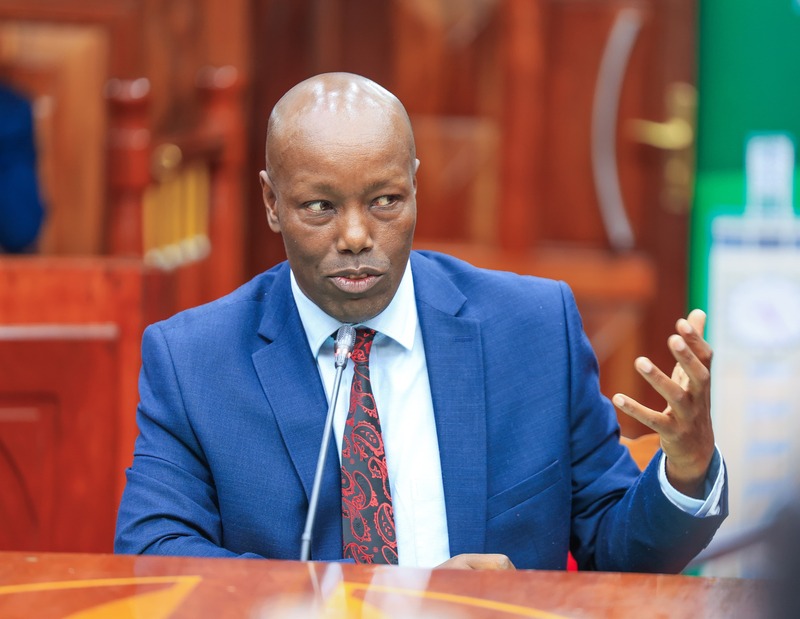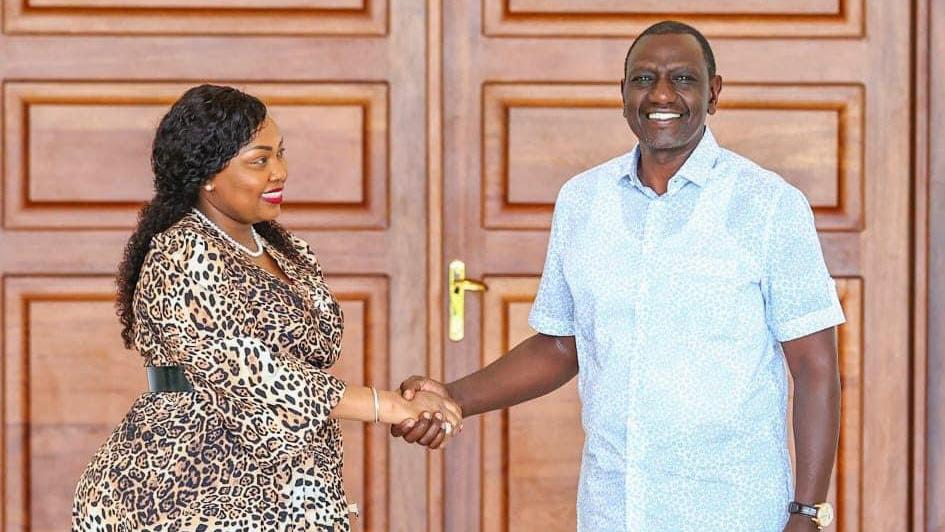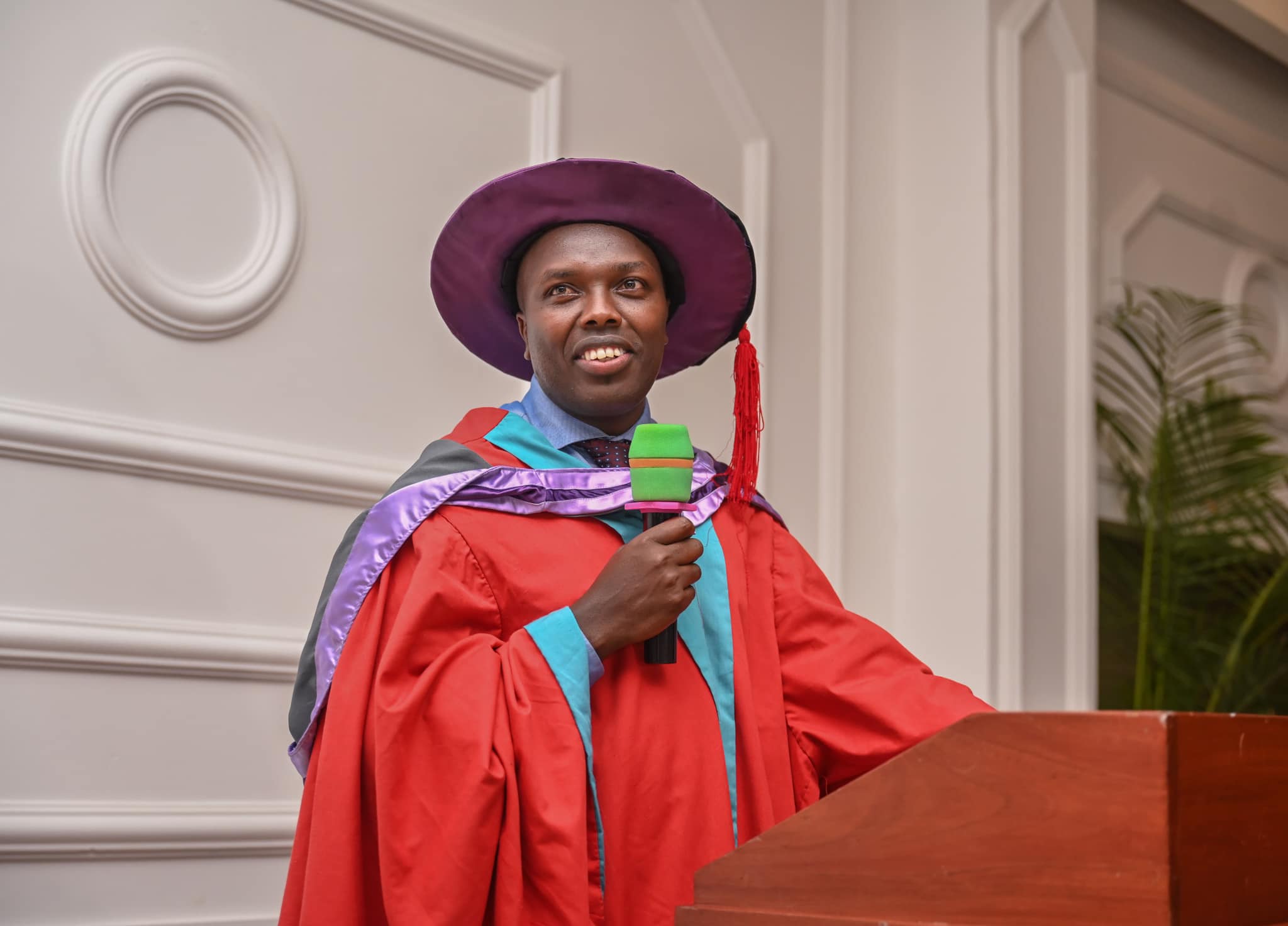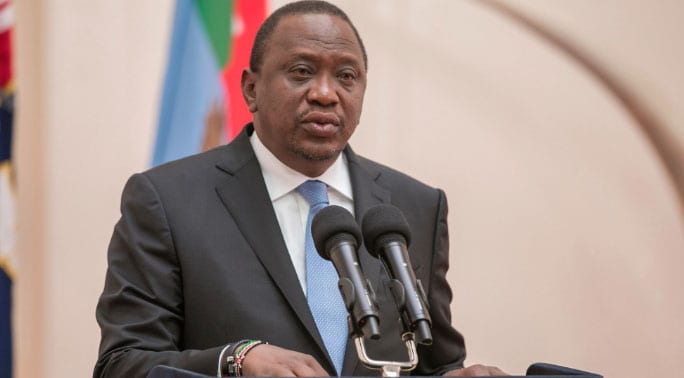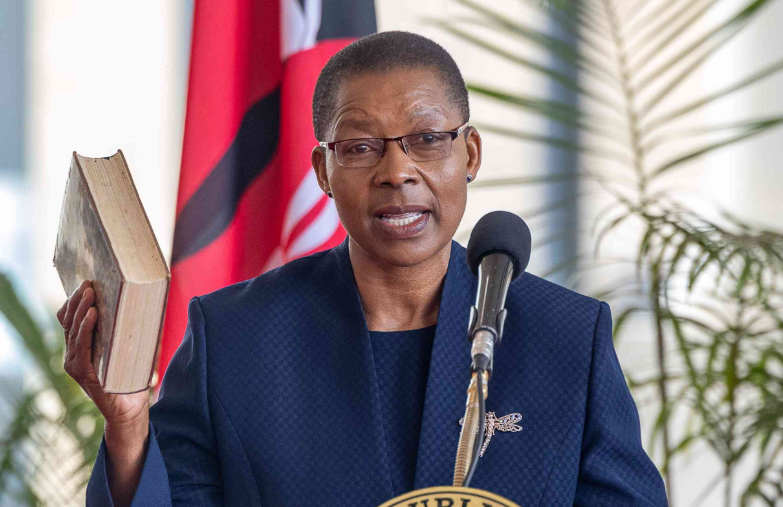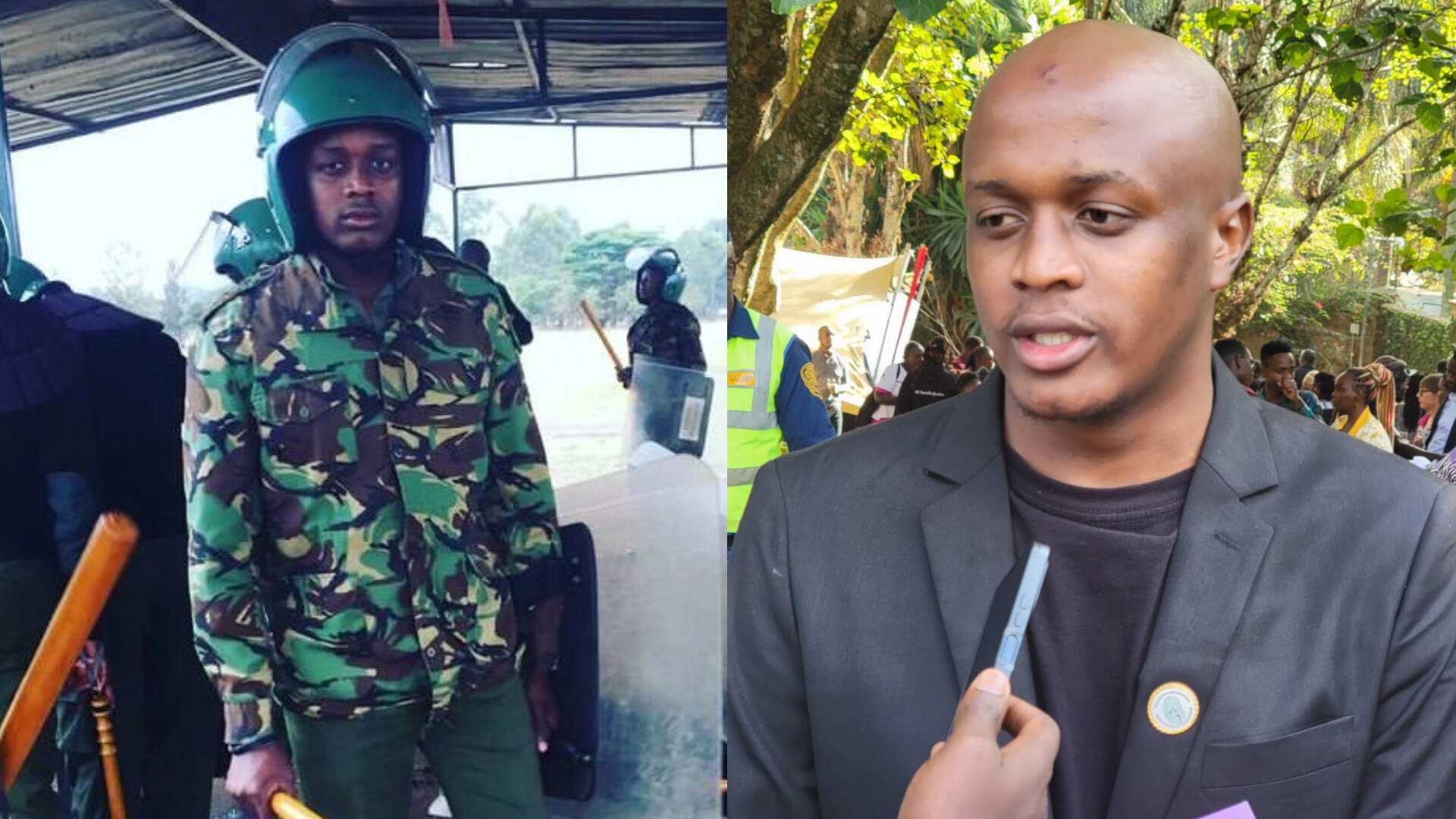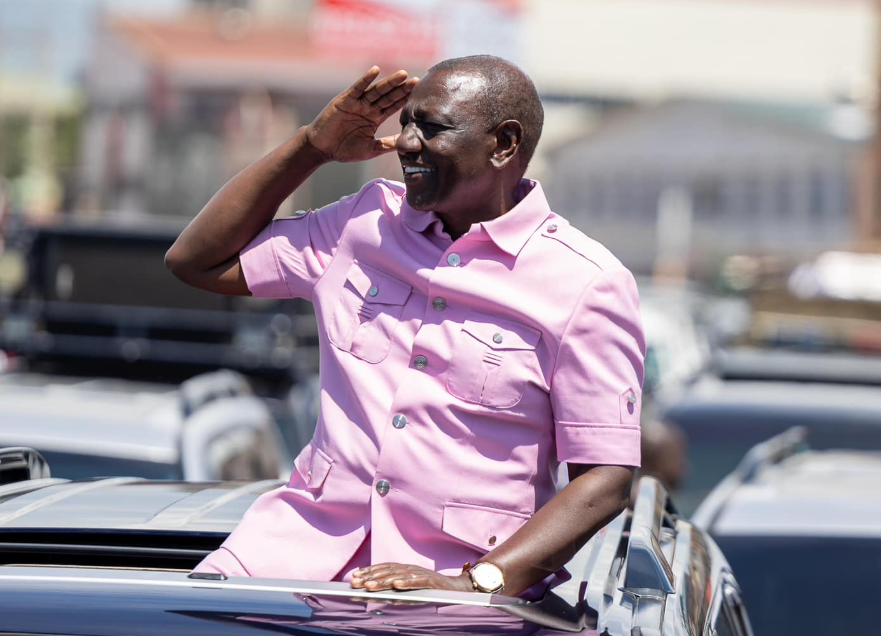Victor Mbuvi is a renowned gospel musician in the country and has produced top hits such as 'Kwata Kawaya' that dominated the local airwaves.
While many have known him as being a musician, music was not his first career. Speaking during a past interview, Mbuvi divulged that music came later in his life.
According to Mbuvi, before joining music, he was a banker and a lecturer, adding that there were plans for him to pursue a PhD.
While working at the bank, his mum kept imploring him to try singing with some group in his church, but he was adamant.
Unfortunately, his mum passed on a year later, prompting him to try music as a way of honoring his mum.
He started at the church and sang with a group and slowly grew into the star that he is, after which he ditched his banking job and focused fully on producing music.

File image of Kenyan Gospel musician Victor Mbuvi. [Photo:Courtesy]
"When she passed on a year later, I said let me testify using that which she thought I had... I joined a group and Glory to Glory started growing and I got into the industry. Now that she is in heaven, she'd feel that I got into a higher call," he narrated.
Explaining the difference between music and his banking job, Mbuvi noted that the former changes and transforms lives, while the latter empowers people intellectually.
He also noted that music is universal and it has a way of touching people's hearts and souls.
When he started doing music, his dad did not like the idea, arguing that it was not a good career and associated it with failures.
However, things changed when he started growing big in the industry. Mbuvi disclosed that when he started appearing on TV and in local dailies, his dad became one of his biggest fans and accorded him the support he needed.
Mbuvi uses his songs which are mostly in vernacular to minister to people in rural areas. His work was recognised by a humanitarian organization dubbed Every Home which awarded him an honorary doctorate degree.
"Every human needs to feel appreciated in the little efforts they make. When you feel appreciated you are able to contribute more to the society," he was quoted in relation to his doctorate degree.

